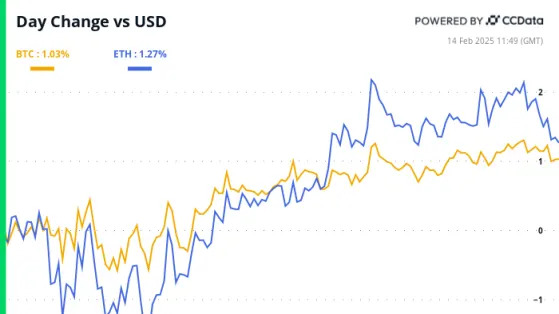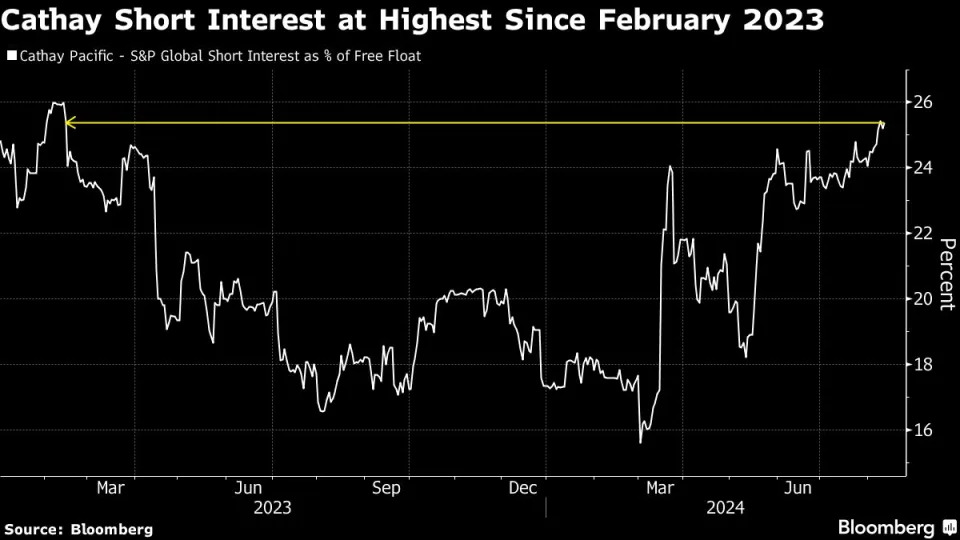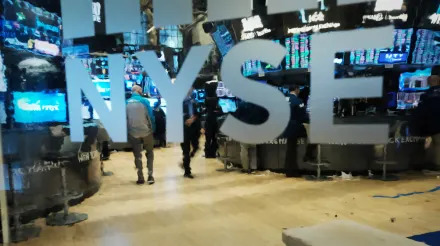It was a confusing day in the markets yesterday as the U.S. reported a seemingly disastrous set of Q1 GDP numbers. Economic growth contracted by 0.3%, according to the topline figure, which horrified investors. Stocks initially dropped 2% on the news.
But then they spent the rest of the day slowly climbing back into positive territory as investors came to realize that the negative GDP number was a function of a rare statistical quirk.
Many companies advanced their import orders to beat the incoming trade tariffs, and imports are discounted from the total GDP number (they are counted later after those imports are sold on the domestic market). Underlying economic activity was, in fact, pretty robust.
After the closing bell, Microsoft and Meta reported good results, setting the tone for Asia and Europe this morning. Several countries are observing a Labor Day holiday, but among those trading, the buyers are lifting equities globally.
Here’s a snapshot of this morning’s action:
Among yesterday’s losers was Snap , which dropped 17% on Wednesday after warning that the incoming tariff regime would negatively affect its advertisers. The tech-heavy Nasdaq Composite closed down marginally, although several tech companies' shares rose with the broader market.
Earnings calls from Meta and Microsoft had a cheering effect on analysts.
“The raised full-year outlook from Meta, the reiterated fiscal 2H outlook from Microsoft, and the reiterated full-year outlook from Google implies that the solid investment momentum is continuing through the year, with strong double-digit year-over-year growth expected at least through the Jun-Q,” JPMorgan Chase’s Samik Chatterjee and team told clients in a note seen by Fortune .
Cathie Wood of Ark Invest also sent her followers a bullish note this morning: “While many economists are forecasting a recession that could extend into 2026, we believe that the 'stealth recession' in place for the past three years will end soon and will be followed not only by a productivity-led economic boom but also a healthy, broader-based bull market. Now in deep value territory, technologically enabled innovation should be one of the prime beneficiaries,” she wrote.
So, who is doing all the buying?
It’s retail investors, according to Goldman Sachs and JPMorgan Chase .
“Following the sharp decline in risk sentiment, with a VIX spike above 50, US retail investors have bought the dip,” Goldman Sachs’ Christian Mueller-Glissmann and his team told clients in a research note. “Elevated VIX levels (above 30) have, since the 1990s, been followed by positive returns over the subsequent 12 months, including after major spikes during the GFC and Covid crisis. US retail investors followed that historical template and bought the dip.”
Emma Wu and her team JPMorgan Chase put some numbers on that: “Retail traders net bought $40B in April, surpassing last month and setting a new record for the largest monthly inflow,” she told clients.





